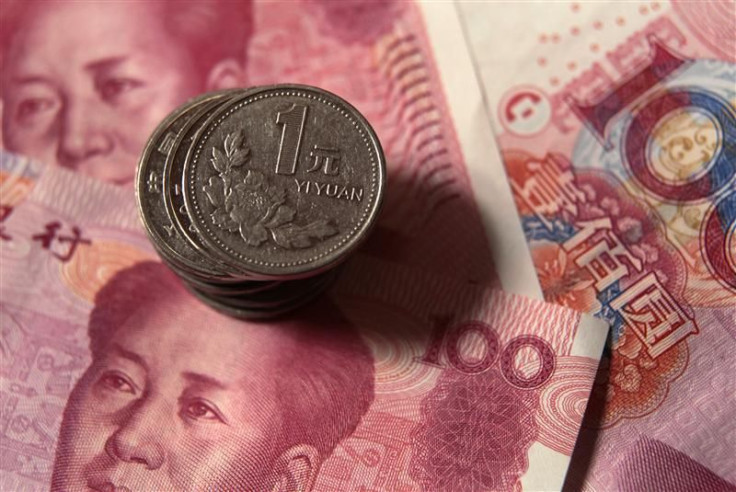China Manufacturing Growth Slows Down In May

China's manufacturing activity grew at a slower pace in May compared to the previous month, increasing concerns over a slowdown in the economic growth of the country.
Data released by the China Federation of Logistics & Purchasing Friday showed that the Purchasing Managers' Index (PMI) fell to 50.4 in May down from 53.3 in April. The softening of manufacturing activities in May is a reflection of the deteriorating export situation, which calls for more aggressive policy easing.
The continuing debt crisis in Europe and the tentative US recovery have hurt demand for exports, the key driver of China's economy.
Earlier, the preliminary HSBC Flash PMI showed that China's manufacturing activity fell in May compared to April.
There have been fears of a hard landing after data showed in April that China's economy slowed down to 8.1 percent in the first quarter, down from 8.9 percent in the fourth quarter of 2011. Beijing is targeting a growth rate of 7.5 percent this year.
Beijing has said that its goal this year will be to promote a steady and robust economic development, to keep prices stable and to guard against financial risks by keeping money and credit supplies at appropriate levels while being cautious and flexible.
The government has already loosened credit conditions to protect the country from the global economic downturn. Earlier last month, China cut banks' cash reserves ratio by 50 basis points in a bid to spur lending to small businesses. This easing in the monetary policy is seen as a much needed thrust to boost liquidity in the financial system and help the economy regain its growth momentum.
Last month, it was reported that foreign direct investment (FDI) inflows into China fell in April compared to the same month last year, as investors, who are concerned about the renewed debt crisis in the euro zone, cut down on spending. China's investment-driven economic model, though successful for decades, is no longer seen as sustainable, with the consensus being that reforms will be needed to prevent a sudden downturn.
© Copyright IBTimes 2024. All rights reserved.











